
一、在对话、交际中
◎ 在回答他人的问题时,根据问题的类型和性质,只作简短的回答。如:
(1)—Do you like playing volleyball? 你喜欢打排球吗?
—Yes, I do. 是的,我喜欢。
(2)—Who is talking with our teacher? 谁在跟我们的老师谈话?
—Our headmaster. 我们的校长。
(3)—What is your favourite subject? 你最喜欢哪一学科?
—English. 英语。
◎ 谈论事物时,接着人家的话,发表自己的观点、看法,常省略相同的部分。此时,被省略的成分可根据上文内容补出。如:
(1) —Maths is very difficult. 数学很难。
—But very important and useful. 但是很重要、很有用。
(2) —Ann is very clever. 安妮很聪明。
—And very diligent. 并且也很勤奋。
(1) —How do you find English?你认为英语怎么样?
—Very interesting. 很有趣。
(2) —Nice to see you again. 又见到你真高兴。
(3) —What do you think about this film? 你认为这场电影怎样?
—Very disappointing. 非常令人失望。
二、在某些句型中
(1) Go and open the window. 去把窗户打开。
(2) Follow me, please. 请跟我来。
(3) Be bold but don’t be shy. 胆大一点,不要害羞。
(4) Don’t worry about them. 不要为他们操心。
在发出感慨时,为了表达出强烈的感情,常省略主语、系动词或谓语动词等。如:
(1) What a good girl! 多好的女孩啊!
(2) How beautiful! 多美啊!










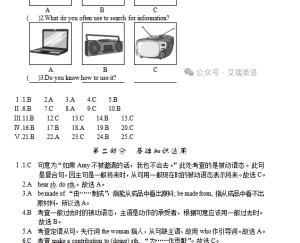
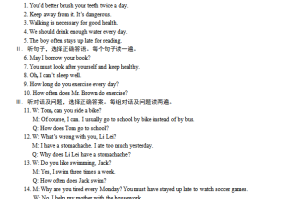


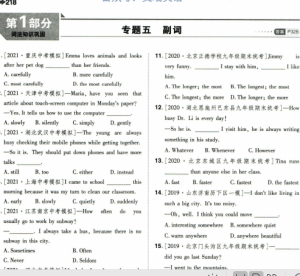
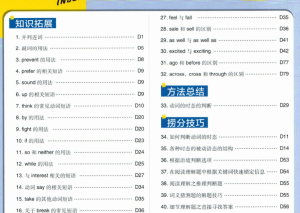
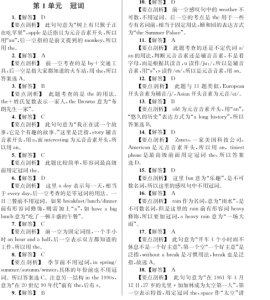
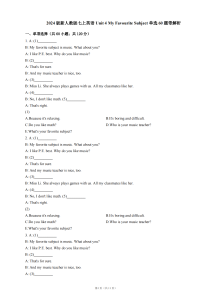


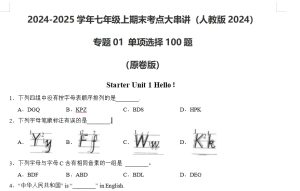
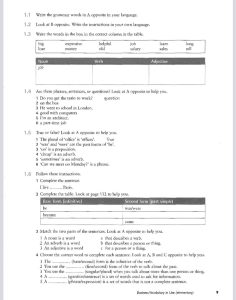
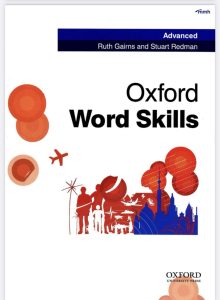



暂无评论内容